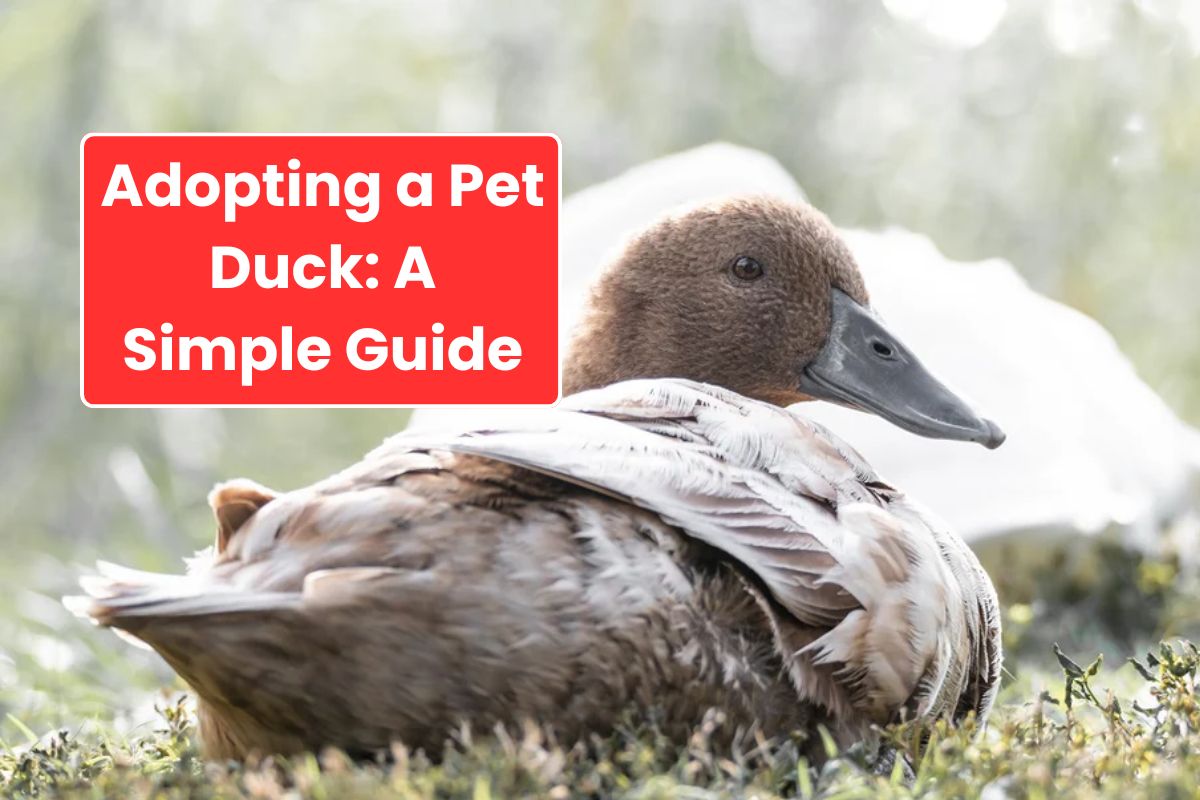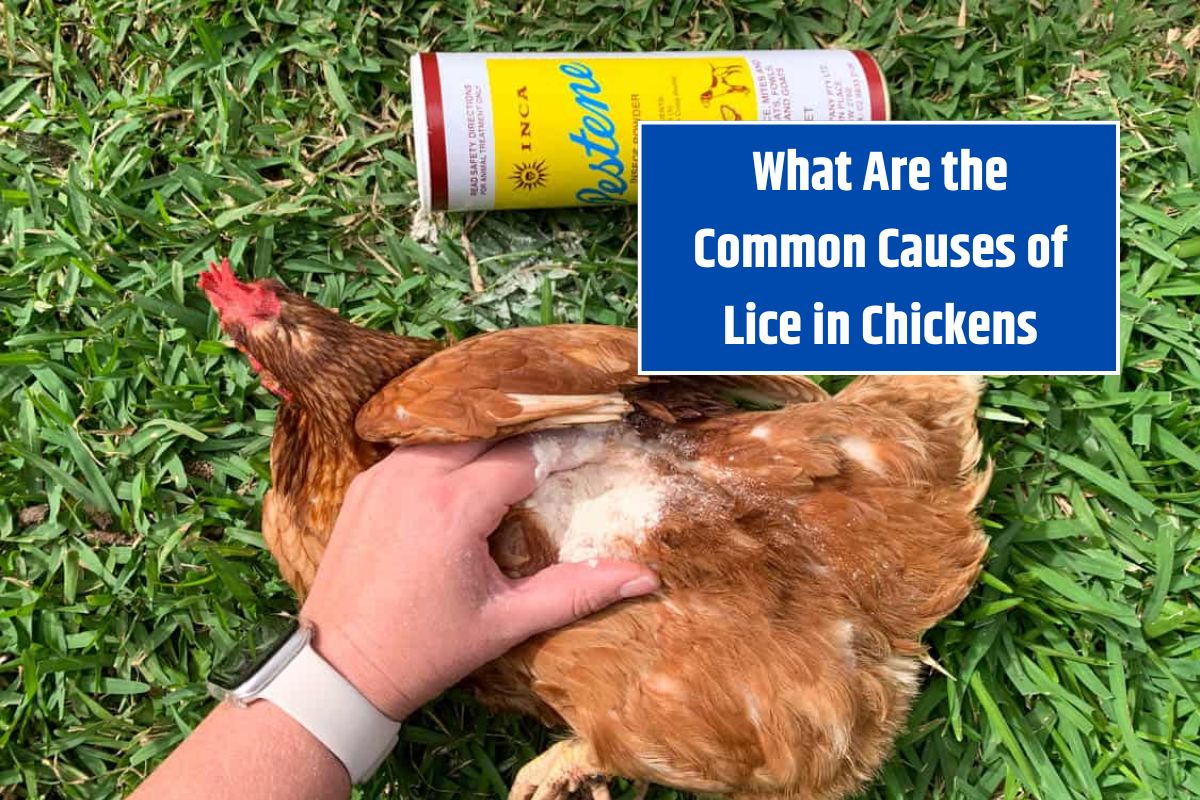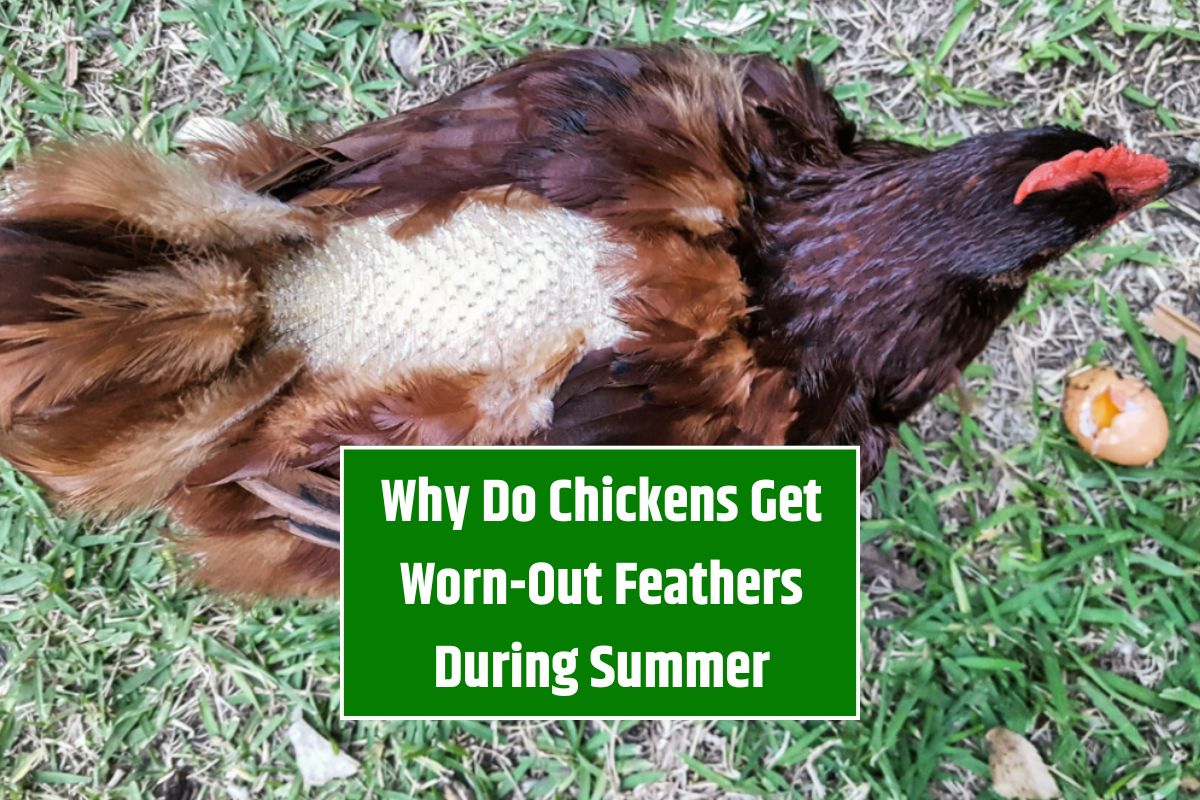Ducks can be a wonderful addition to your family, offering amusement, companionship, and even fresh eggs. However, before bringing a duck home, it’s essential to understand their needs, the commitment involved, and whether they fit your lifestyle. Here’s a complete guide to help you decide if a pet duck is right for you.
Local Ordinances and Restrictions
Before adopting a pet duck, check your local regulations to ensure you’re allowed to keep ducks. Here are some common restrictions to look into:
- Zoning Restrictions: Check if your area permits ducks.
- Homeowner’s Association (HOA) Rules: Some HOAs may prohibit keeping ducks.
- Limit on Number of Ducks: Know how many ducks you’re allowed to own.
- Permits: Verify if you need a permit to own ducks or build a duck coop.
- Inspections: Building a duck coop may require an inspection.
Things to Consider Before Adopting a Duck
Like any pet, ducks require care and commitment. Here are the key factors to consider:
Housing Needs
- Ducks need a safe, predator-proof coop to protect them from the elements and predators like raccoons and hawks.
- Ducks thrive outdoors but can be messy, making them unsuitable as indoor pets.
- Provide 3–5 square feet of indoor coop space per duck and 10–15 square feet of outdoor run space.
- Use absorbent bedding like straw or wood shavings, and clean it regularly to maintain hygiene.
Water Needs
- Ducks need a water source for drinking, bathing, and playing. A plastic pool, pond, or shallow tank works well.
- Ducks should be able to submerge their heads in water to clean their nostrils and avoid choking on food.
- Clean and refill water sources daily, as ducks tend to dirty them quickly.
Temperament
- The temperament of ducks depends on their breed and upbringing. Ducklings handled frequently often see their owners as protectors.
- Drakes (male ducks) can be more assertive and noisy than hens (female ducks).
- Ducks are social animals and should ideally be kept in pairs or small flocks for companionship.
Foraging
- Ducks are excellent foragers and can supplement their diet by eating bugs and weeds.
- If confined, ensure they have enough space and access to open water for play.
Egg Production
- Ducks are consistent layers, often outperforming chickens, especially in winter.
- Duck eggs are larger and richer, making them excellent for baking and cooking.
Choosing the Right Duck Breed
Certain breeds are better suited for life as pets. Here are some top options:
| Breed | Traits |
|---|---|
| Pekin Ducks | Friendly, affectionate, flightless, excellent layers. |
| Cayuga Ducks | Quiet, medium-sized, friendly, but not prolific egg layers. |
| Rouen Ducks | Calm, large, flightless, great foragers, adaptable to confinement. |
| Swedish Ducks | Cold-hardy, calm, and friendly but not ideal for high egg production. |
| Welsh Harlequins | Small, curious, good layers, and adapt well to confinement or free-range. |
| Call Ducks | Small bantam breed, docile, requires less space, but hens are poor layers. |
Essential Items for Keeping Ducks
Here’s what you’ll need to keep your ducks happy and healthy:
- Duck Coop: Predator-proof with a ramp for easy access.
- Duck Coop Litter: Absorbent bedding like wood shavings or straw.
- Duck Run: Spacious outdoor area with 10–15 square feet per duck.
- Water Source: A pool, tank, or pond for drinking and bathing.
- Duck Food: Use all-flock layer feed or waterfowl feed rich in niacin and protein.
Care and Maintenance
- Daily Cleaning: Keep the coop and water sources clean to prevent illness.
- Social Needs: Ducks are social and thrive in pairs or small groups.
- Diet: Supplement their feed with fruits, vegetables, and treats like dried grubs.
Conclusion
Ducks make delightful and productive pets when properly cared for. With a lifespan of 10–15 years, they require commitment, but their companionship and egg production can be highly rewarding. Choose a suitable breed, provide a safe and clean environment, and enjoy the joy these feathered friends bring to your life.
Frequently Asked Questions
1. Are ducks good pets?
Ducks can be excellent pets if you have the time and resources to care for them. They require outdoor space, a water source for swimming and drinking, and daily care. Ducks are social animals and thrive better in pairs or small flocks.
2. What do ducks eat?
Ducks eat all-flock layer feed or waterfowl-specific feed, which contains the necessary nutrients like niacin and protein. They also enjoy fruits, vegetables, and treats such as dried grubs. Ducks can forage for bugs and weeds when allowed to free-range.
3. Do ducks need a water source to swim in?
Yes, ducks need a water source for swimming, bathing, and cleaning themselves. A small pool, pond, or tank works well. They also need to submerge their heads in water to clean their nostrils and prevent choking on food.
4. How long do pet ducks live?
With proper care, pet ducks can live between 10 to 15 years. Providing a safe, predator-proof environment, a nutritious diet, and clean water helps ensure a healthy and long life.
5. What are the best duck breeds for pets?
Friendly and easy-to-care-for breeds include Pekin, Cayuga, Rouen, Swedish, Welsh Harlequin, and Call ducks. These breeds are known for their calm temperaments and adaptability


















